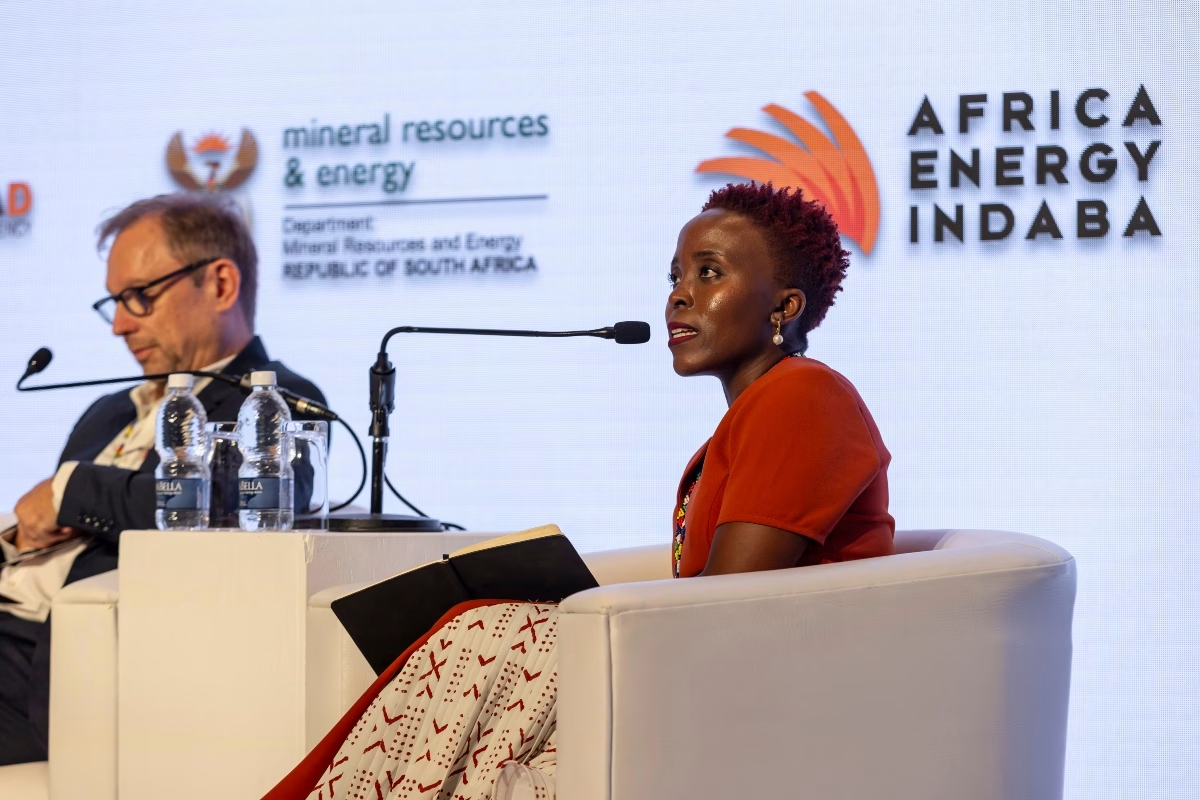Kofa, a leading clean tech company pioneering Africa’s first multi-use, swappable battery network, announced the planned launch of its second-generation Kore 2 Swap & Go network today. This groundbreaking system, powered by proprietary IOT with full Edge AI capability, is poised to transform the urban energy access landscape in West Africa by working as a support and offset to the incumbent electricity grid.
Backed by Shell Foundation, the UK’s FCDO, Wangara Green Ventures, and Mercy Corps Ventures, Kofa launched Ghana’s first connected battery swap network, around its Kore1 battery in early 2023. Following this, the company began building the Kore2 network, which incorporates significant advancements. These enhancements, attributed to Kofa’s upgraded IoT platform, allows for fully autonomous battery swapping even in areas with low or no internet connectivity. The AI powered network’s capabilities facilitate substantial customer savings by enabling a high degree of automation and auto-repairing features. This not only ensures network reliability but also allows scalability and internationalisation. Additionally, the batteries in the network have a 2.3kWh capacity, marking a significant increase of over 28% compared to the Kore1 version.
The Kore2 battery has a variety of uses and delivers high-performance power at a cost at least 30% more competitive than petrol. For example, the Kore2 can power the basics of a small urban store – a refrigerator, lights, and fans for 15 hours. Not limited to low-consumption appliances, the Kore 2 can power large-wattage tools like drills, embossers, and power saws for 2 – 4 hours. The Kore2 will also power 100km of range for the TAILG Jidi electric motorcycle set to launch in Q1 2024.
Kofa, with its upgraded network of 12 strategically placed swap stations across Accra, some of which are solar powered, has the capacity to deliver over 20,000 battery swaps per month. The company plans to install an additional 80 stations handling 6,000 batteries by the end of 2024 in multiple cities in Africa, increasing the network’s capacity to over 100,000 swaps a month and representing 2,160 tonnes of CO2 emissions avoided annually using the Jidi electric motorcycle alone.
Kofa’s network of batteries and swap stations uses advanced network monitoring software that allows all swap stations to remain online 24/7. Whether remotely monitored by Kofa staff or by Kofa’s AI-powered monitoring software, the swap station network is constantly processing and uploading data used to optimise the user experience. For example, a user running low on power will be navigated to a swap station with fully charged Kore2 batteries available– and these decisions and calculations are made in real-time based on live data on station capacity and battery charge levels on a network-wide scale.
Erik Nygard, CEO of Kofa, commented, “The launch of Kofa’s Kore2 battery network represents a pivotal step towards accessible and affordable energy in urban centres across Africa. Our network connects users to clean energy anywhere not limited by cables and wires, whilst enabling significant savings vs petrol for all users. We look forward to growing our network to bring our batteries into more homes, businesses and vehicles across Africa.”











